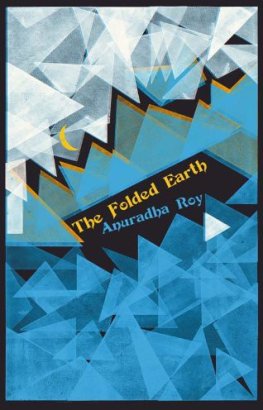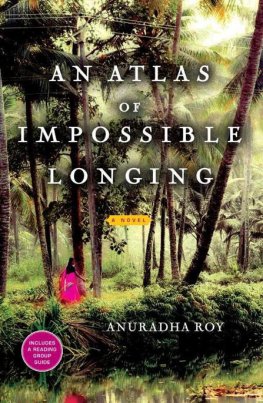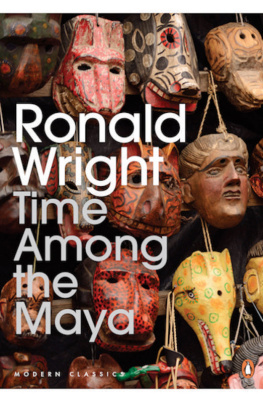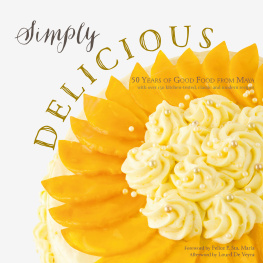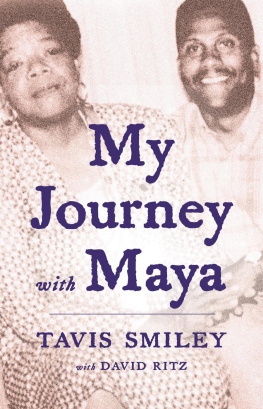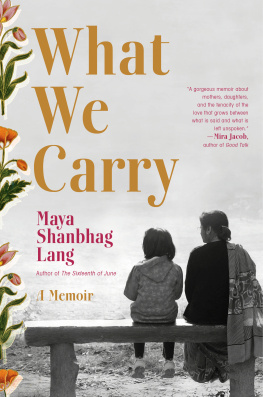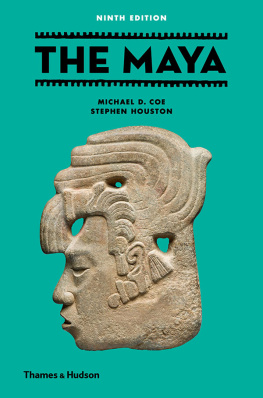Anuradha Roy
The Folded Earth
For my mother,
with whom I climbed my first hill
And for Rukun and Biscoot,
dedicated non-climbers
The girl came at the same hour, summer or winter. Every morning, I heard her approach. Plastic slippers, the clink of steel on stone. And then her footsteps, receding. That morning she was earlier. The whistling thrushes had barely cleared their throats, and the rifle range across the valley had not yet sounded its bugles. And, unlike every other day, I did not hear her leave after she had set down my daily canister of milk.
She did not knock or call out. She was waiting. All went quiet in the blueness before sunlight. Then the soothing early morning mutterings of the neighbourhood began: axes struck wood, dogs tried out their voices, a rooster crowed, wood-smoke crept in through my open window. My eyelids dipped again and I burrowed deeper into my blanket. I woke only when I heard the General walking his dog, reproaching it for its habitual disobedience, as if after all these years it still baffled him. What is the reason, Bozo? he said, in his loud voice. Bozo, what is the reason? He went past every morning at about six-thirty, which meant that I was going to be late unless I ran all the way.
I scrabbled around, trying to organise myself make coffee, find the clothes I would wear to work, gather the account books I needed to take with me and the milk for my coffee billowed and foamed out of the pan and over the stove before I could reach it. The mess would have to wait. I picked up things, gulping my coffee in between. It was only when I was lacing my shoes, crouched one-legged by the front door, that I saw her out of the corner of an eye: Charu, waiting for me still, drawing circles at the foot of the steps with a bare toe.
Charu, a village girl just over seventeen, lived next door. She had every hill persons high cheekbones and skin, glazed pink with sunburn. She would forget to comb her hair till late in the day, letting it hang down her shoulders in two dishevelled plaits. Like most hill people, she was not tall, and from the back she could be mistaken for a child, thin and small-boned. She wore hand-me-down salwar kameezes too big for her, and in place of a diamond she had a tiny silver stud in her nose. All the same, she exuded the reserve and beauty of a princess of Nepal even if it took her only a second to slide back into the awkward teenager I knew. Now, when she saw I was about to come out, she stood up in a hurry, stubbing her toe against a brick. She tried to smile through the pain as she mouthed an inaudible Namaste to me.
I realised then why she had waited so long for me. I ran back upstairs and picked up a letter that had come yesterday. It was addressed to me, but when I opened it, I had found it was for Charu. I stuffed it into my pocket and stepped out of the front door.
My garden was just an unkempt patch of hillside, but it rippled with wildflowers on this blue and gold morning. Teacup-sized lilies charged out of rocks and drifting scraps of paper turned into white butterflies when they came closer. Everything smelled damp, cool, and fresh from the light rain that had fallen at dawn, the first after many hot days. I felt myself slowing down, the hurry draining away. I was late anyway. What difference did a few more minutes make? I picked a plum and ate it, I admired the butterflies, I chatted of this and that with Charu.
I said nothing of the letter. I felt a perverse curiosity about how she would tell me what she wanted. More than once, I heard her draw breath to speak, but either she thought better of it, or came up with, It has rained after three weeks dry. And then, The monkeys ate all the peaches on our tree.
I took pity on her and produced the letter from my pocket. It had my address and name, written in Hindi in a large, childish hand.
Do you want me to read it for you? I said.
Yes, alright, she said. She began to fiddle with a rose, as if the letter were not important, yet darted glances in its direction when she thought I was not looking. Her face was transformed by relief and happiness.
My friend Charu, the letter said:
How are you? How is your family? I hope all are well. I am well. Today is my tenth day in Delhi. From the first day I looked for a post office to buy an inland letter. It is hard to find places here. It is a very big city. It has many cars, autorickshaws, buses. Sometimes there are elephants on the street. This city is so crowded that my eyes cannot go beyond the next house. I feel as if I cannot breathe. It smells bad. I remember the smells of the hills. Like when the grass is cut. You cannot hear any birds here, or cows or goats. But the room Sahib has given me is good. It is above the garage for the car. It faces the street. When I am alone at the end of the days cooking, I can look out at everything. I get more money now. I am saving for my sisters dowry and to pay off my fathers loan. Then I can do my hearts desire. Send me a print of your palm in reply. That will be enough for me. I will write again.
Your friend.
Who is it from? I asked Charu. Do you know someone in Delhi, or is this a mistake?
Its from a friend, she said. She would not meet my eyes. A girl. Her name is Sunita. She hesitated before adding: I told her to send my letters to you because the postman knows your house better. She turned away. She must have known how transparent was her lie.
I handed her the letter. She snatched it and was halfway up the slope leading from my house to hers before I had closed my fist.
I thought I taught you to say thank you, I called after her.
She paused. The breeze fluttered through her dupatta as she stood there, irresolute, then ran down the slope back to me. She spoke so quickly her words ran into each other: If I bring you extra milk every day will you teach me how to read and write?
My rival in love was not a woman but a mountain range. It was very soon after my wedding that I discovered this. We had defied our families to be together, and those first months we were exultant castaways who had fitted the universe into two rented rooms and one narrow bed. Daytime was only a waiting for evening, when we would be together. Nights were not for sleeping. It took many goodbyes before we could bear to walk off in different directions in the mornings. Not for long.
It began in little ways silences, the poring over maps, the unearthing of boots and jackets stuffed into a suitcase under our bed and then the slow-burning restlessness in Michael became overpowering. He was with me, but not with me. His feet walked on flat land but flexed themselves for inclines. He lay at night with his eyes open, dreaming. He studied weather reports for places I had never heard of.
Michael was not a climber; he was a press photographer. Through a school friend whose father was an editor, he had found a job with a newspaper when we got married. We could not afford more than an annual trek for him in the mountains and that one trek was what he lived for all year.
Michaels yearnings made me understand how it is that some people have the mountains in them while some have the sea. The ocean exerts an inexorable pull over sea-people wherever they are in a bright-lit, inland city or the dead centre of a desert and when they feel the tug there is no choice but somehow to reach it and stand at its immense, earth-dissolving edge, straightaway calmed. Hill-people, even if they are born in flatlands, cannot be parted for long from the mountains. Anywhere else is exile. Anywhere else, the ground is too flat, the air too dense, the trees too broad-leaved for beauty. The colour of the light is all wrong, the sounds nothing but noise.

